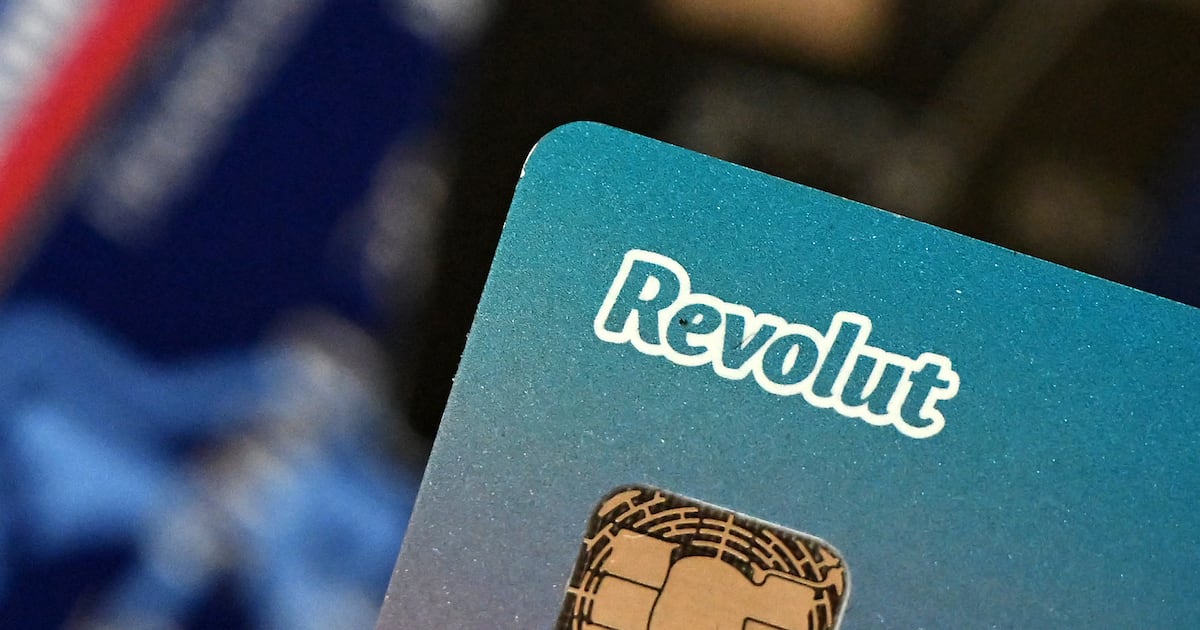Arguably the biggest story in Irish banking in the last decade or so has been the rise of the neobanks, and specifically Revolut.
Since launching here in 2017, the fintech has grown to have about three million customers and has arguably become the most popular way for younger people especially to manage their finances. For many now, you don’t send money to someone; you “Revolut” them.
Clearly, it is a huge threat to the traditional Irish banks. While customer service horror stories are plentiful, the reality is that Revolut, and to a lesser extent N26, offer a user experience light years ahead of what the banks have presented up to now. A Revolut customer can send money to another Revolut customer in seconds with just their phone number. No need for Ibans or BICs or verification codes or card readers.
AIB, Bank of Ireland and PTSB have recognised this threat for years. People are notoriously slow to switch bank accounts. If they become entrenched with a neobank today, there is little prospect of them moving back to an established bank in future.
To that end, the traditional banks have tried to come up with their own alternative that would offer, among other things, near instantaneous transfers. So far, they have struggled to get it up and running.
They proposed a joint venture – Synch Payments – in 2020 only to eventually pull the plug three years later amid competition concerns.
Now they are back offering Zippay. Unlike Synch, Zippay will be integrated directly into the banks’ own apps, making it a smoother experience for users. It also allows the three banks to opt their customers into the service automatically, instantly creating a millions-strong customer base.
Importantly, regulators are being kept up to speed on the process as it continues. That includes the Competition and Consumer Protection Commission. It was its inquiry that effectively prompted the banks to nix Synch last time.
Will Zippay wrestle market share back from Revolut? That isn’t clear yet, especially seeing as Revolut is now offering mortgages and something akin to full banking services.
It remains the case, however, that Revolut has not effectively answered the question of where to go if a customer has a problem. With PTSB, AIB and Bank of Ireland, a customer can ultimately go to a branch and speak to a human face to face.
It remains the traditional banks’ trump card. But will that be enough?
Cantillon, named after Irishman Richard Cantillon who was known as the “Father of Political Economy”, is a column in which Irish Times business journalists offer analysis and comment on business and economic issues of the day.

